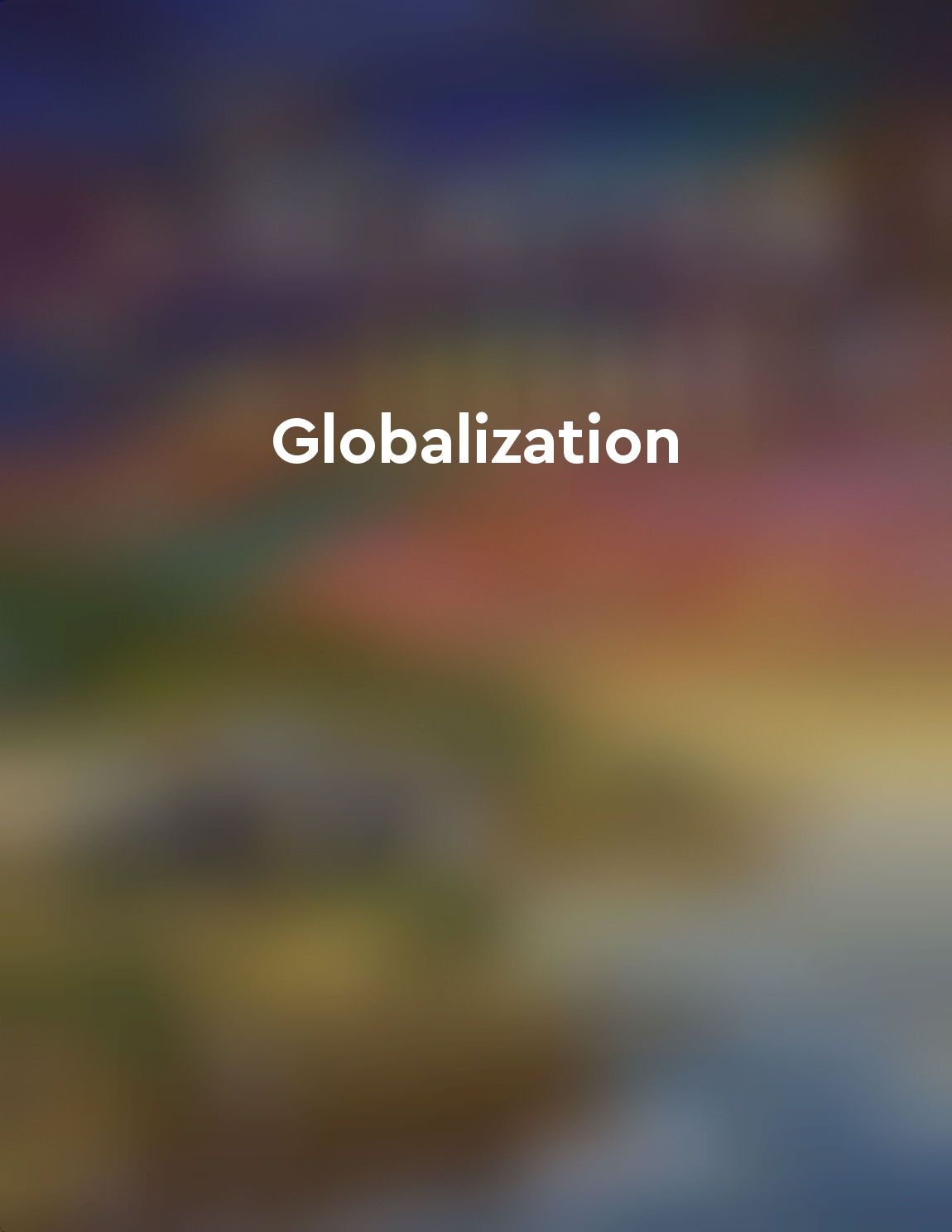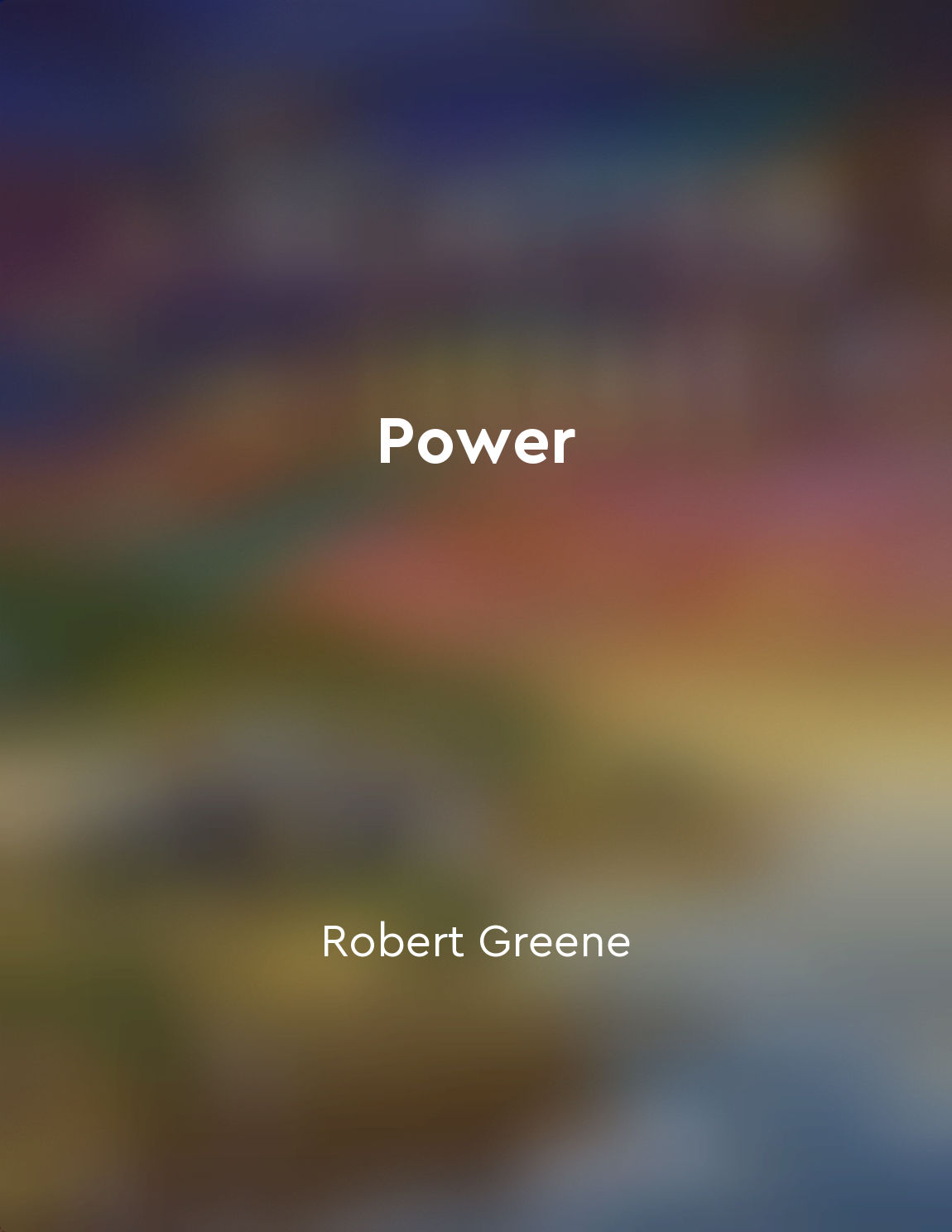Audio available in app
The rise of nonstate actors is challenging traditional power dynamics from "summary" of The End of Power by Moises Naim
In today's world, power dynamics are undergoing a profound transformation. Traditional power structures, once dominated by states and large institutions, are being increasingly challenged by a new breed of actors. These nonstate actors, ranging from multinational corporations to terrorist organizations, are wielding significant influence on a global scale. One of the key reasons for the rise of nonstate actors is the rapid advancement of technology, which has enabled these entities to operate in ways that were previously unimaginable. With the advent of social media and other communication platforms, nonstate actors can now reach large audiences and mobilize support with unprecedented speed and efficiency. Moreover, the decline of traditional barriers to entry has made it easier for nonstate actors to compete with established powers. In the past, states and large institutions held a monopoly on resources and capabilities, but this is no longer the case. Nonstate actors can now leverage their agility, flexibility, and innovation to outmaneuver their larger counterparts. As a result, traditional power dynamics are being upended as nonstate actors increasingly assert themselves on the global stage. They are able to challenge and disrupt established norms, policies, and practices, forcing states and institutions to adapt to this new reality. In this new landscape, power is no longer concentrated in the hands of a few, but rather dispersed among a multitude of actors. This diffusion of power has made it more challenging for traditional power structures to maintain their dominance and control, leading to a more fluid and unpredictable global environment.- The rise of nonstate actors is reshaping the way power operates in the world, challenging established hierarchies and forcing a reevaluation of how influence is wielded and exercised. As these actors continue to grow in prominence and impact, the traditional power dynamics that have long defined the global order are being fundamentally transformed.
Similar Posts
Knowledge of the past informs the present
The understanding of the past is essential for comprehending the present. History is not merely a collection of facts and event...
Sovereignty is the key to political power
The concept of sovereignty holds a central place in understanding political power. Sovereignty represents the ultimate authorit...

Growth of multinational corporations
Multinational corporations have become a dominant force in the global economy, with their presence felt across various industri...
Networks of influence shaping political decisions
The intricate web of connections that run through the corridors of power is a complex and multifaceted system. It is a network ...
Challenges of political governance
Political governance faces significant challenges in the modern world. The rise of technology and the increasing interconnected...

Use power to your advantage
Power is a force that can shape the world around you, giving you the ability to influence others and achieve your goals. To har...
The old models of power are no longer sufficient in a rapidly changing world
Power is a complex and multifaceted concept that has traditionally been understood in a specific way. The conventional view of ...

